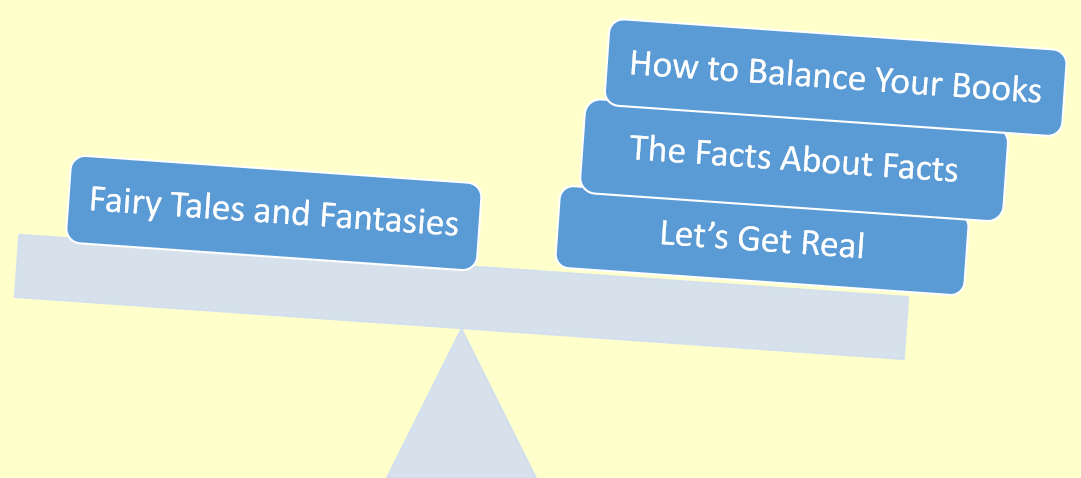ARE YOU STILL READING FICTION?
“I’m not reading fiction much anymore.” “I can’t read novels these days.” “More and more, I’m restricting my reading list to non-fiction.”

Few statements can rattle a novelist like these. And I’ve been hearing a lot of them lately.
When I asked in January where people found their novels, a surprisingly large number said they didn’t read much fiction anymore. Others said they didn’t read fiction at all. Personal wounds aside, these statements revived nagging questions: Are people reading fiction less these days? Are they reading fiction less as they get older? Is reading fiction all that different from reading non-fiction?
I’ve asked some of these questions before – especially about the differences between fiction and non-fiction. In Is Historial Fiction Historical? I noted the arbitrariness of genre boundaries. Virtually all stories, even the fantastical are grounded to some extent in the world and entangled with reality. Fiction may have aims, or impact, that goes well beyond conveying information, but all books, regardless of genre, are windows into reality.
A novel can also provide deep insight into very real issues, arguably deeper insight than a work of non-fiction. Perhaps, though, a novel is not as direct or efficient a way to gain the kind of understanding that so many of us want or need these days.
Still, I suppose is it fair to say that people read fiction for different reasons than they read non-fiction. We all know people who rarely if ever read novels, just as we know people who can’t stand musical theatre or poetry. They don’t see the point or don’t think the benefit is worth the time.
These tastes may change over a lifetime. Many of the people who answered my poll were in their 40s, 50s, and 60s. Some had been avid fiction readers in younger years but now gravitated toward non-fiction, or at least realistic ficiton.
Does fiction lose its force the older we get? Or do we need and crave fiction even more with age? I don’t know.
Another possibility is that it is not our age that matters so much as the age we live in. A common trope of late is that people no longer have much time, or inclination, to read. So it makes a certain amount of sense that we might try to optimize that time by limiting our material. People today may want to dedicate their limited reading time to gaining a direct understanding of some specific issue.
The responses I got to my earlier poll certainly suggested this was true. Several people specifically said that today’s political climate made them seek out non-fiction almost exclusively. Perhaps non-fiction has particular appeal in a time when “facts” (real, not alternative, facts) have become precious commodities?
That all leads me to this month’s questions:
- Are you reading fiction more or less frequently than you did ten years ago? Why or why not?
- Do you think novels are more appealing to certain age groups? During certain eras?
- What, if anything, do novels give you that non-fiction does not?
- Is reading fiction a less valuable use of precious time?
I hope you’ll share your thoughts with me on any or all of these questions via the comments section below, the contact form on my website, my Twitter account (@terraziporyn), or the Late Last Night Books Facebook page. I’ll try to puzzle this out and share results next month.
Besides revealing whether people are really reading fiction less, answers to these questions might provide clues about why we read what we read. I’m particularly curious to get people’s thoughts on the perfect balance between fiction and non-fiction – or whether looking for that balance even matters. Perhaps a good book is just a good book, whatever the genre.
Meanwhile, cheers – and happy reading, in whatever genre you choose!
Terra Ziporyn
TERRA ZIPORYN is an award-winning novelist, playwright, and science writer whose numerous popular health and medical publications include The New Harvard Guide to Women’s Health, Nameless Diseases, and Alternative Medicine for Dummies. Her novels include Do Not Go Gentle, The Bliss of Solitude, and Time’s Fool, which in 2008 was awarded first prize for historical fiction by the Maryland Writers Association. Terra has participated in both the Bread Loaf Writers Conference and the Old Chatham Writers Conference and for many years was a member of Theatre Building Chicago’s Writers Workshop (New Tuners). A former associate editor of the Journal of the American Medical Association (JAMA), she has a PhD in the history of science and medicine from the University of Chicago and a BA in both history and biology from Yale University, where she also studied playwriting with Ted Tally. Her latest novel, Permanent Makeup, is available in paperback and as a Kindle Select Book.
- Web |
- More Posts(106)